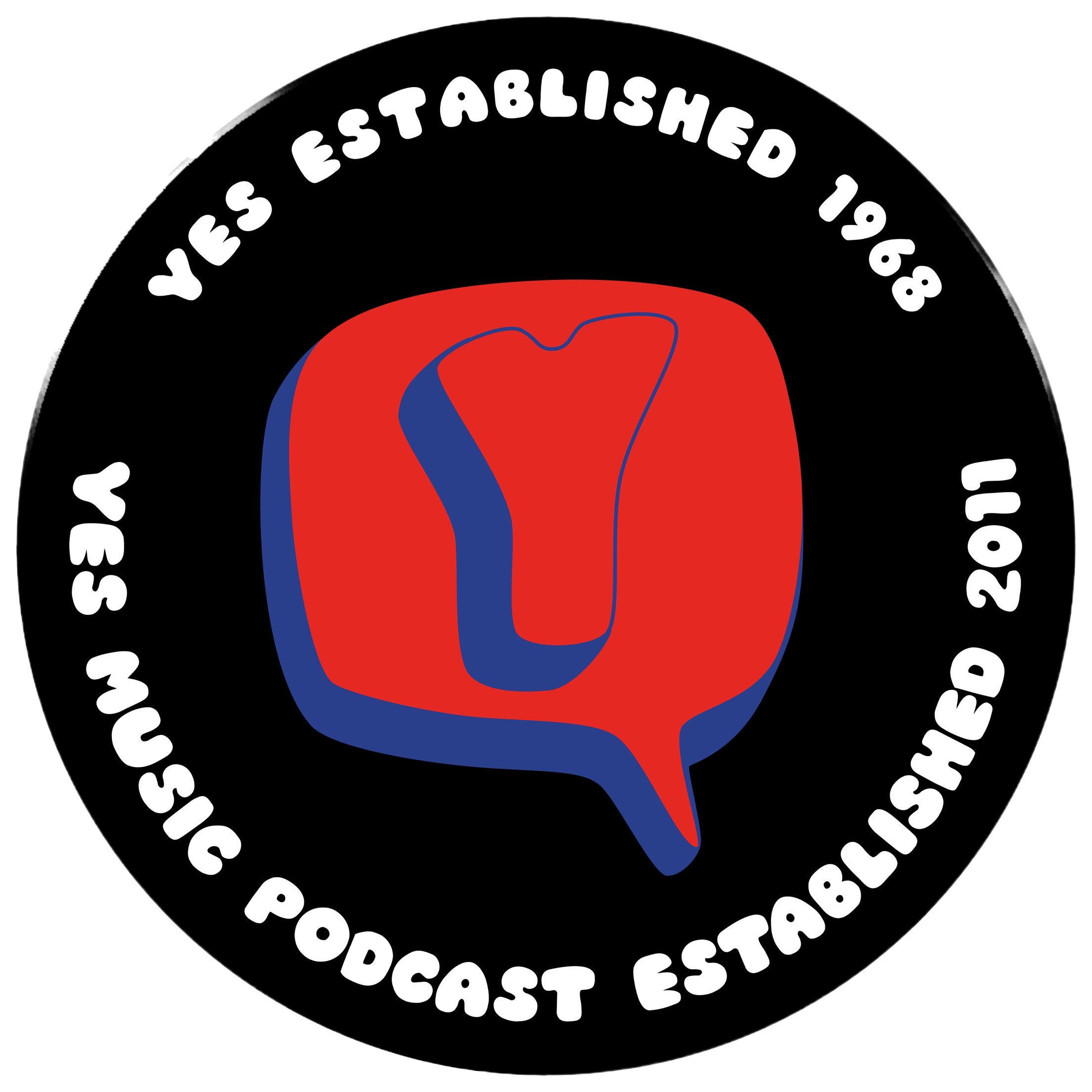Podcast: Play in new window | Download
Subscribe: Apple Podcasts | Spotify | RSS

The fifty-sixth episode of the Yes Music Podcast featuring the letter, ‘E’.
Listen and see if all your letter ‘E’ choices are included. Then let me know by contacting me via any of the different routes on the right hand side or by leaving a comment below!
- How many Yes tracks begin with ‘E’?
- Have I missed any important facts, tracks or Yes concepts?
- Why not get in touch and let me know?
Please subscribe!
If you are still listening to the podcast on the website, please consider subscribing so you don’t risk missing anything. You can subscribe with an RSS reader, with iTunes, with the iOS Podcasts app, via email updates or via www.stitcher.com.
Show links
Circa video on YMP YouTube Channel
Soon tribute by Laura Casale (Spotted by Len Rice)
Perpetual Change by David Watkinson on Amazon
Please vote for the Yes Music Podcast in the European Podcast Awards
Theme music
The music I use is the last movement of Stravinsky’s Firebird Suite. This has been used as introduction music at many Yes concerts. My theme music is not take from a live concert – I put it together from the following two creative commons sources:

6 replies on “Episode 56 – The Yes Alphabet – ‘E’”
The Letter E….I enjoyed that.
Just for the sake of completeness, the Bonus Tracks on “Going For The One” include a track called “Eastern Numbers” – which is an early version of Awaken.
I think it is worth listening to just because it is another demonstration (like your mention of “Everybody’s Song” from “Tormato”) of how a song develops. Here is a link to ‘Eastern Numbers’ on You Tube http://www.youtube.com/watch?v=plfIcNpehUw
That brings me to an interesting point you made about how the cover versions Yes did in the early days “seem to have more freedom in the arrangements when they were working with other peoples material” “they seem to have found it easier to have worked from an existing piece of music”. I wonder whether it may be a freedom from the presence of the composer.
As you probably know, it is well documented that in the Beatles the lead composer of a song was the final arbiter of its arrangement and decisions on instrumentation and backing vocals etc.. (at least this was their method after their first couple of albums when they were more in control in the studio).
I suspect that this is true in a lot of bands and it may be that on cover versions like these two we see everyone contributing equally because of a LACK of composer in the studio.
There may also be a clue in the title of the Tormato extra “Everybody’s Song” you analyse which is credited to Anderson/Howe/Squire/White on Tormato and later to Downes/Horn/Howe/Squire/White when it became “Does It Really Happen” on the Drama album.
As you say in this episode: “This track gives a bit of an insight into the studio process and it is great to hear the creation of a Yes song in action”
I think as a track in both versions it sounds very much like a band composition rather than something composed by one or two members and played by the band.
just some thoughts.
keep up the great work Kevin
regards
Paul
Hello Paul. Glad you enjoyed the trip through the letter, ‘E’.
Eastern Numbers – no I haven’t heard that. Will search it out. Thanks for the addition.
Thanks also for the thoughts about the composition/re-arrangement with/without the composer. It would also be interesting to take a look at what happened when Queen decided to credit songs to the band, for example on ‘Innuendo’. I know this was mainly for royalties but I wonder if it also had an effect on the writing and feeling of ownership. From my own small experience of writing music, I know that ownership is a very big deal. I would hate anyone editing or otherwise messing about with my creative output.
I often think about band music – it has so much input from bass player, drummer etc. – can it really ever be credited to just on person? (Apart from our friend Ben Craven of course!)
Nice episode Kevin. Re Endless Dream, I’m pretty sure that the piano you credit to Tony Kaye was actually played by Trevor Rabin. I remember the roadies wheeling out an electric piano for Trevor when this piece was played live and it was pretty clear that Trevor was just relegated to the more “simple” keyboard work. Maybe one of your other listeners can confirm this or otherwise. Cheers
Yes, I think you are correct and I keep forgetting that fact! I have seen YouTube videos which prove this – how I wish I had been able to be there in person like you!
Thanks for the comment, Ken!
Kevin, just discovered the podcast and I’m really enjoying it. I sure wish you could play 30 seconds of each track you mention – being a Yes newbie I’ve not heard of most of them and I listen in the car so I can’t get on-line to check them out.
Thanks, and keep up the good work!
Rob
Thanks Rob. I dearly wish I could include music. However, in the UK we have no ‘fair use’ law. I know some people just get on with it but I’m too scared!!
I am planning some proper music-based content though – please watch this space!!